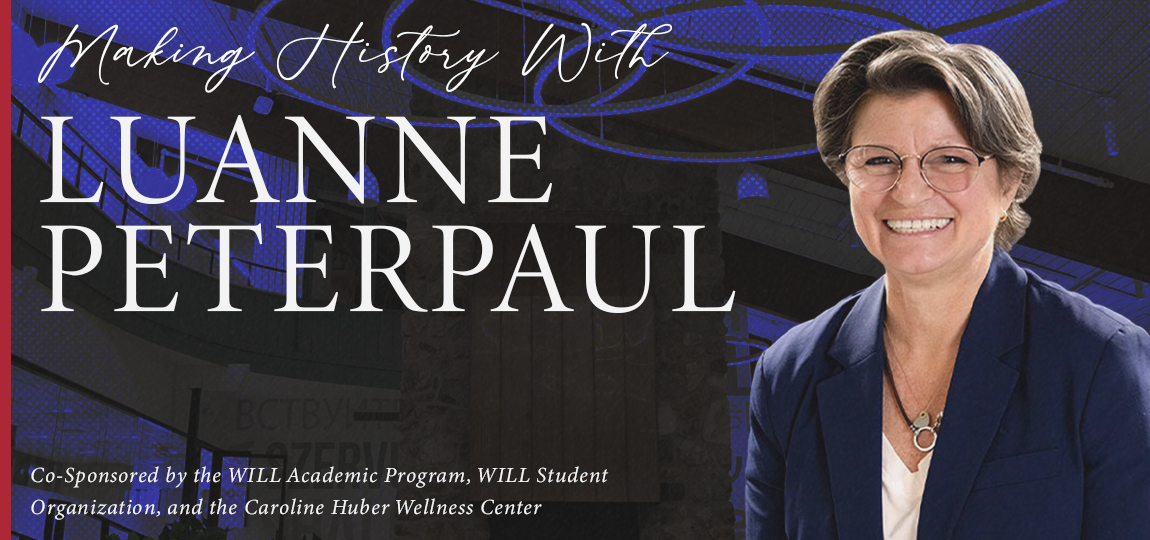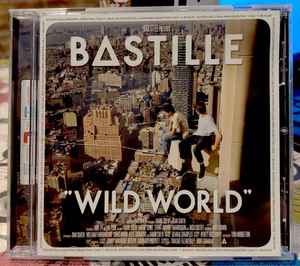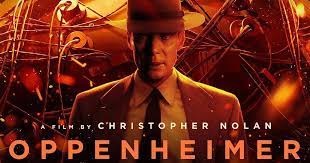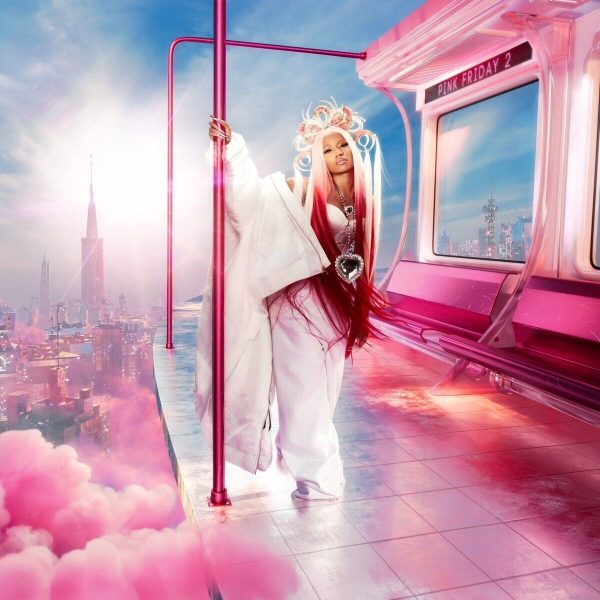Kristin Stewart Proves Her Worth With Princess Diana Character Study

November 22, 2021
“Spencer” is the latest biographical feature film from Chilean filmmaker Pablo Larraín. Starring Kristen Stewart as Princess Diana, the film takes place during the 1991 Royal Christmas season and focuses on her great distress during this time.
First and foremost, this is an enthralling picture that almost solely relies upon a powerhouse performance from its lead. Stewart has transcended beyond the trivial and ignorant conversation that once weighed her down from her “Twilight” days as to whether or not she is a notable artist.
To capture not only the voice and physical stature that Princess Diana carried with her seemingly effortlessly is noteworthy, but to do so when nearly every scene is focused on the actor is something to marvel at. In a career already full of high tier showcases, “Spencer” is certainly Stewart’s best to date.
Venturing into this film with little to no knowledge about the plot did not decrease my enjoyment. Candidly, I do not care for the royal family or British history portrayed in the media in the slightest, but “Spencer” pulled me in immediately with how obvious it was that the filmmakers cared about this story very much.
Along with Stewart, Larraín has assembled some extremely credible character actors in the film. Timothy Spall plays the Equerry Major, Alistair Gregory. This occupation consists of making sure the house and the grounds that surround it are safe and secured for the royal family. Spall is soft spoken and carries heavy gravity with him to help lend some maturity and layers of British history to the story. He speaks about his time as a soldier, and most of his scenes are shared with Stewart, which lend an interesting dynamic to the plot that elevated the picture.
Along with Spall, Sean Harris plays the Royal Head Chef, who also lends some well-written dialogue between himself and Diana. A pleasant turn of character to see for Harris after his most popular recent roles have been as the global terrorist in the Mission: Impossible franchise. Another older man who is experienced with the royal family and soft spoken to add onto the development of Diana’s arch and a voice of reason to speak with that is not actually a royal family member.
Lastly, Sally Hawkins is acquired to do what she does best, play a character that does not need every scene to stand out because if Sally Hawkins can prevail past a Godzilla script she absolutely can thrive on this screenplay. Hawkins contributes as the Royal Dresser for the family. This is by far Princess Diana’s most personal relationship during her stay and the only person she truly feels comfortable around, barring her children.
Fortunately, the actors are not the only highlight of “Spencer.” Director Larraín and his cinematographer and editor combine to tell a visually remarkable story that plays as a tragedy in some parts and a fish-out-of-water story in others. The constant brash closeups of Stewart along with the in camera editing during some more emotionally chaotic sequences lend to the film’s disoriented and uncomfortable tone.
In addition to this, the production value of “Spencer” is much higher than one may expect. With a reported budget of just $18 million, the production crew did a smashing job at recreating memorable architecture as well as Diana’s iconic wardrobe.
Another great strength of the film is the score. Brought to the screen by Johnny Greenwood, most known for being the lead guitarist and keyboardist for Radiohead, Greenwood was the perfect fit for this movie. Any familiarity with Radiohead’s discography or with his previous film work like, “There Will Be Blood” and “The Master” can guess the type of score they may hear, atmospherically distant but still having a shade of danger at all times.
The music is composed in such a way as to make you think you are safe. Yet, upon further inspection, it is actually quite harrowing and causes you to shrivel. Two scenes specifically come to mind where his score is absolutely astounding and how it is portrayed in congruence with the camera movement works like a scene right out of an A24 horror flick. Besides Stewart’s undeniable performance, Greenwood’s composition stands out to me as the best part of the picture.
“Spencer’ is not a complex movie on the surface; it is a detailed character study that examines the weekend of a popular tragic figure in our recent history. But in doing so, as seen in several character studies, “Spencer” relies heavily on symbolism. From the start of the film all the way to the very end, even the title represents a part of Diana that she can’t seem to relinquish.
Some major examples of this symbolism are that of a scarecrow that Diana calls back to decorating with her family when she was a young girl and how it watches over the grounds. Upon remembering this scarecrow, she desires to take the jacket she once placed upon its shoulders and have it repaired for her. The symbolism of both the reparation of the jacket showcases how she yearns for simpler times like when she was a child and her distaste for how she herself now feels like a scarecrow.
In a later scene, Diana has a standoff of sorts in the woods, showing the way that she is literally standing in rebellion. Diana in her increasing madness and frustration begins to have visions of historical figures from a book that she believes to have been given to her by Spalls’ character, Alistair Gregory. Without delving too much into the story this book plays a great role in Diana’s arc and her relationships to the people who surround her.
Of course, those most important to her are her sons, William and Harry. Both of whom have gone in wavering directions in their adult life now but their portrayal here is possibly the most emotionally relevant due to how both conduct themselves in the present day.
William, who in the story is 9 years old, is far beyond his years in terms of how emotionally intelligent he is, in part because of his mother. Diana relies on him far too much and she is aware of this. The painful dynamic of a mother with poor mental health and a son who only wishes for her to be healthy and content is a crushing one that is played out achingly realistically.
Harry is a much more playful child in part possibly because of his image now inspiring how his persona would be written for the screen but also because William carries the more unfortunate duties of trying to maintain his mother while also satisfying the patriarchal role his father and the older members of the family expect him to fill very soon.
William and Harry’s portion of the story helps to relate back to the present day while also painting a picture that most people most likely do not think about when observing their story. Wealth and fame do not always equate to an easy life, especially when you are under the spotlight as this cultural folk hero that their mother was and having to live with that every day at such a young and innocent time of your life.
Diana and her children do not feel comfortable living this chosen royal lifestyle. They feel unseen and unimportant, strangers looking from the outside in on a culture that is far too niche and similar to a cult. They wish to simply live the lifestyle they do not have the option of living; highlighted in the final sequence of the film beautifully.
“Spencer” is undeniably a well-made and interestingly executed film, but it is not without its smaller issues. The pacing overall is certainly not perfect and especially the bridge between the second act and third act is not without its cracks, feeling tediously slow. Additionally, as I noted earlier, I am without a doubt no expert in British history, so any historical accuracy issues would be something I am not aware of.
But, all in all, “Spencer” is just a uniquely crafted character piece that features a performance with all the glamour it deserves from Kristen Stewart as Princess Diana. Unfortunately, the Oscars are quite political and with the recent interview of Stewart claiming she does not care one bit about the Oscars, she may not see as much recognition during awards season as she deserves, but regardless, her turn in “Spencer” is quite significant and overall this film makes for an interesting character study in a world that myself and possibly many others were not fully aware of.





























